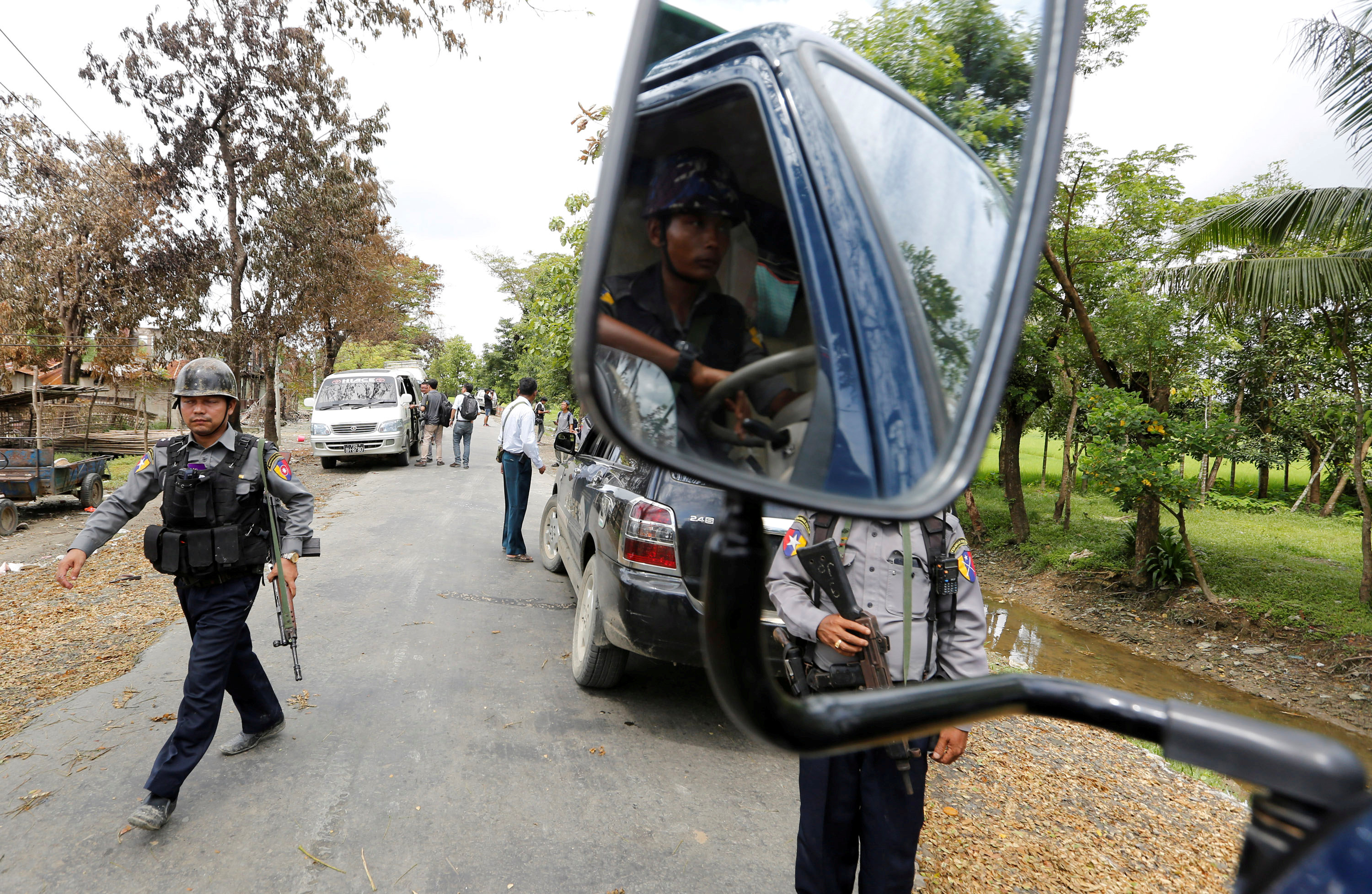
DUBAI (Reuters) – The Palestinian leadership may turn to the U.N. General Assembly if Washington vetoes a draft U.N. Security Council resolution to reaffirm Jerusalem’s status as unresolved, after President Donald Trump’s decision to recognize it as Israel’s capital.
The Palestinian United Nations envoy raised this option in remarks published in Saudi daily Arab News on Monday, ahead of a Security Council vote on an Egyptian-drafted resolution about Jerusalem’s status which the United States is expected to veto.
The draft says any “decisions and actions which purport to have altered the character, status or demographic composition of the Holy City of Jerusalem have no legal effect, are null and void and must be rescinded”.
Trump’s Dec. 6 decision to recognize Jerusalem as Israel’s capital and to move the U.S. Embassy to the city has provoked widespread anger and protests among Palestinians as well as broad international criticism, including from top U.S. allies.
Israel says Jerusalem is its indivisible capital. It captured East Jerusalem in the 1967 Middle East war and annexed it in a move never recognized internationally. Palestinians want East Jerusalem as the capital of a future state they seek in territory Israel captured a half century ago.
Arab News quoted Ambassador Riyad Mansour as saying that the Palestinians and Egyptians have worked closely with Security Council members while drafting the resolution to ensure that it gets overwhelming support.
“The Europeans in particular asked us to avoid terms like ‘denounce’ and ‘condemn,’ and not to mention the U.S. by name,” it quoted Mansour as saying. “We acceded to their request but kept the active clauses rejecting all changes to Jerusalem and the reaffirmation of previous decisions.”
Israel has long accused the United Nations of bias against it in its conflict with the Palestinians and Prime Minister Benjamin Netanyahu praised Trump’s move again on Sunday.
The Palestinians have the option of invoking a rarely-used article of the U.N. Charter that calls for parties to a dispute not to cast a veto, Arab News said. But, it said, they are more likely to take the issue to the General Assembly under Resolution 377A, known as the “Uniting for Peace” resolution.
Resolution 377A was passed in 1950 and used to authorize the deployment of U.S. troops to fight in the Korean war.
Mansour said Palestinians resorted to the “Uniting for Peace” resolution in the 1990s after Israel began building a settlement on Jabal Abut Ghnaim, a hilltop on occupied West Bank land south of Jerusalem, but left that session in suspension. However, they could seek a resumption of the session, he said.
“If the resolution is vetoed, the Palestinian delegation can send a letter to the U.N. Secretary General and ask him to resume the emergency session,” he said, according to Arab News.
(Reporting by Sami Aboudi; editing by Mark Heinrich)

